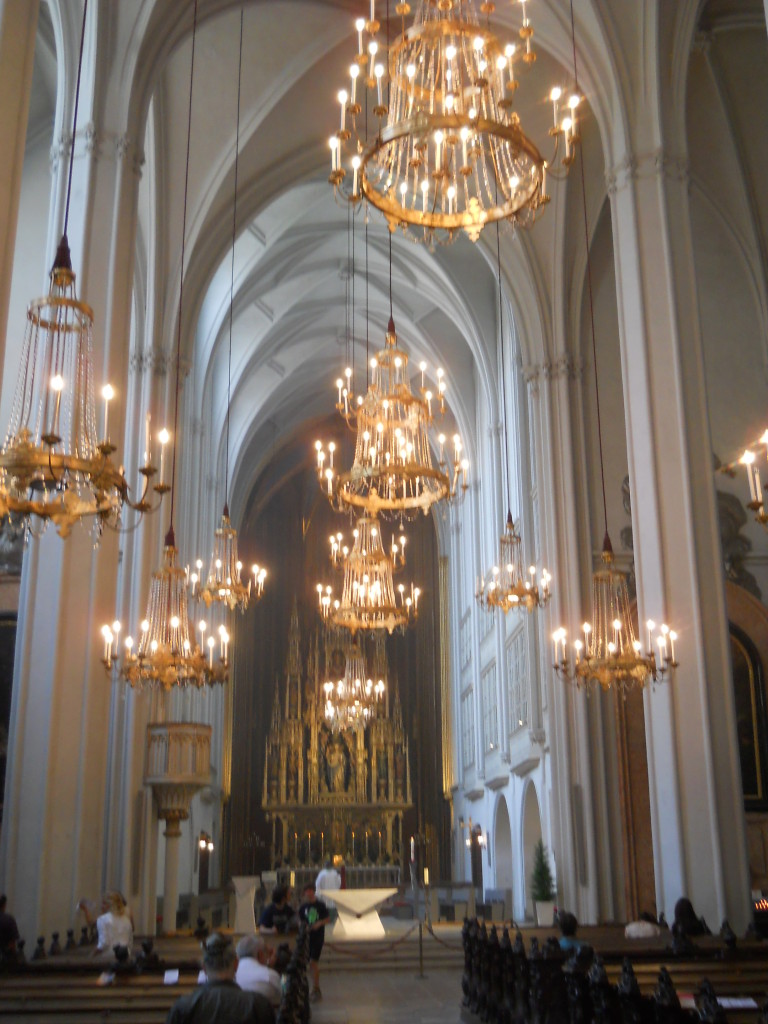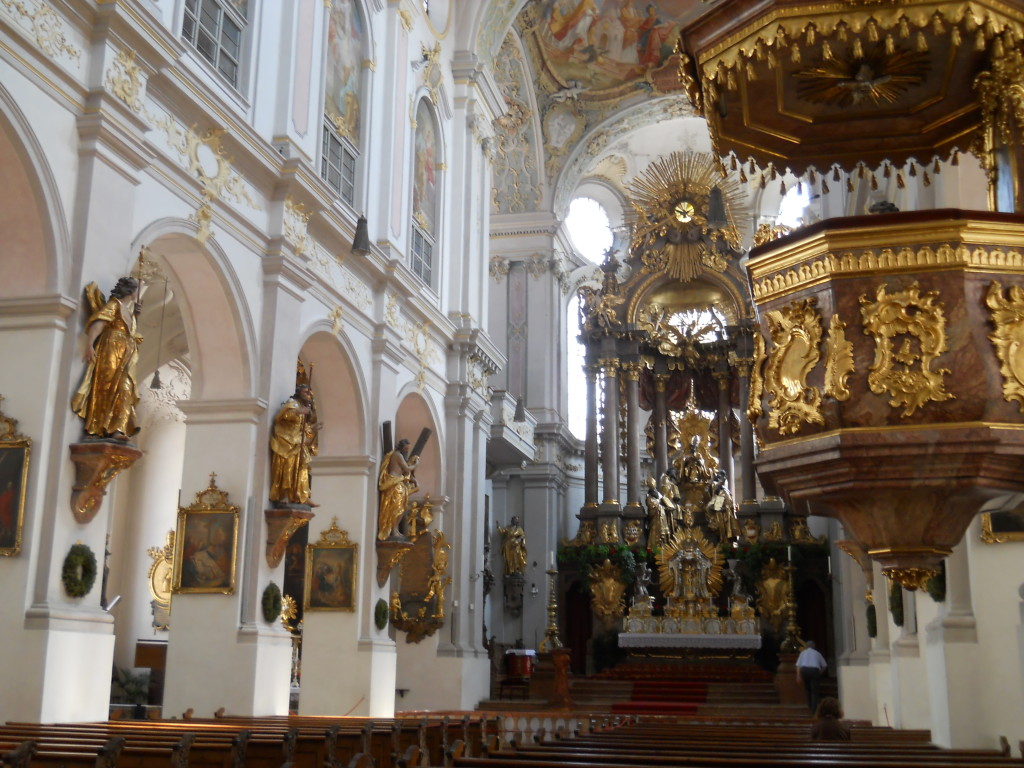Practicality, Utility, and Efficiency
In the modern world, we evaluate almost everything against the standard of practicality, utility, and efficiency.
I know people who won’t buy a hybrid, because it will take 10 years before the additional cost of a hybrid is recouped through lower fuel consumption. Therefore, it’s simply not practical to buy a hybrid. All other considerations are irrelevant.
I have been asked, “What’s the point of a humanities degree? ” It’s not practical to get a degree that won’t get you a job that pays six figures. Unfortunately, this is the reality in a culture that values science, technology, and entertainment. The money goes to these fields while philosophers and literary theorists work at Starbucks.
We produce beef, pork, and chicken very efficiently, but we disregard the wellbeing of the animal, the worker, the environment. And the taste doesn’t even factor into the equation. The same principles of efficiency are evidenced by the fact that almost every dress shirt in the major department stores comes from Bangladesh.
Practicality, utility, and efficiency are more important than loving our neigbour or being stewards of creation. Whenever something gets preferment over these sacred tasks, we are dealing with an idol.
Idolatry
When our culture abandons a relationship with God as the ultimate source of human fulfillment, there are a plethora of other gods to which to turn. One of the options was this petty, but dangerous, god of many names, Practicality, Utility, and Efficiency.
Christians are a product of the times. When we build our churches today, we consider practicality, utility, and efficiency. There’s nothing inherently wrong in this, but when it trumps all other considerations? What do we lose when our physical building is primarily designed to, for instance, maximize the amount of seating space?
[click_to_tweet tweet=”Should our churches, be practical and efficient, or could they also be beautiful? ” quote=”Should our churches, be practical and efficient, or could they also be beautiful? “]
St. Augustine
From my seat in the pew at St. Augustine, it is obvious that its builders didn’t care much about the efficient utilization of the interior space.
They had a different set of priorities. Perhaps I idealize their motivations, but it seems as if they were attempting to erect sacred structures rather than practical ones. Many churches took generations to complete. The carving of wood and stone clearly had objectives that went far beyond mere utility. Less than half of the available floor space is used during the service. Surely they could have saved a lot of building expense if the roof wasn’t so high.
Although I didn’t understand the sermon because of the language barrier, I did figure out that the sermon was about Mary and Martha. I recalled that Martha complained to Jesus that Mary was ignoring practical concerns like the clearing of dishes. Jesus gently rebuked her and told her, in essence, telling her that some things are more important than utility and efficiency.


